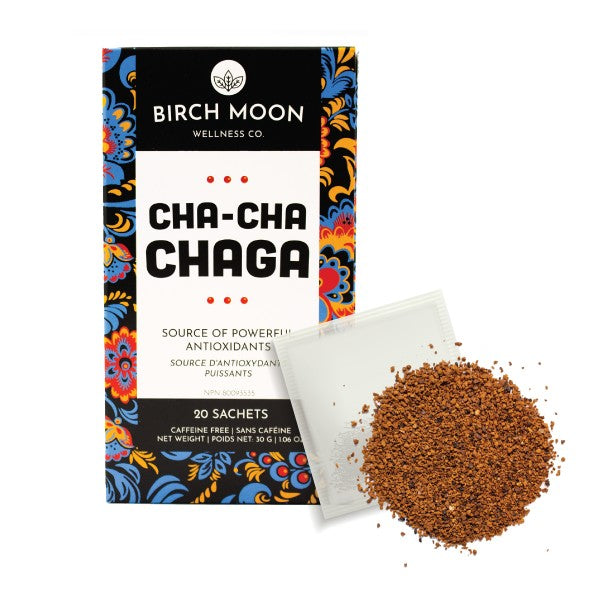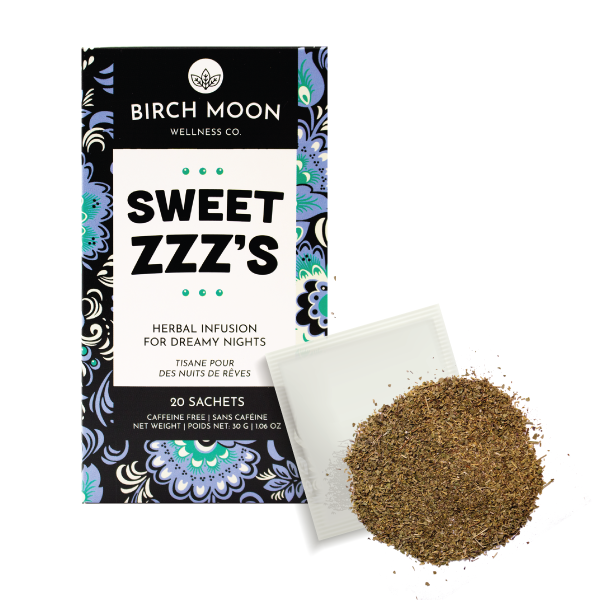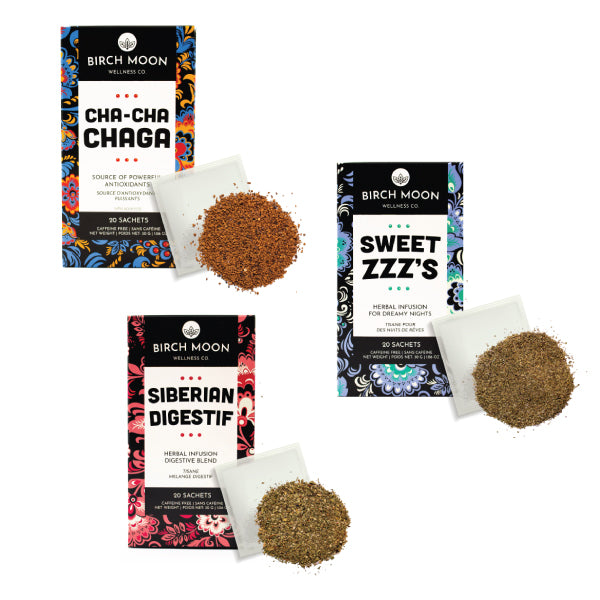The Alluring World of Chaga Mushroom
Deep in the forests of Siberia, North America, and Northern Europe, the Chaga mushroom thrives. This peculiar fungus, boasting a charcoal-like appearance, has been a staple in traditional medicine for centuries. Indigenous communities revered it for its purported health benefits, often brewing it into a soothing tea. But what makes Chaga mushroom so special, especially when compared to the widely recognized vitamin C?
When we discuss “chaga mushroom compared to vitamin C”, it's fascinating to note that both offer impressive antioxidant properties. Antioxidants are crucial in combating free radicals, unstable molecules that can harm our cells. While vitamin C has long been celebrated for its antioxidant capabilities, Chaga mushroom is not far behind. In some studies, Chaga even outperforms vitamin C in terms of antioxidant potency.

The Historical Significance of Chaga
Historically, Chaga mushroom has roots in various cultures. Siberian shamans, for instance, believed in its power to protect against illnesses. Similarly, in traditional Chinese medicine, Chaga was deemed a 'gift from the gods' and was used to balance the body’s energies. Its rich history is a testament to its enduring allure and the trust that generations have placed in its benefits.
While vitamin C, often found in citrus fruits, has a well-documented history of preventing scurvy in sailors, Chaga's historical use is more varied. Beyond its antioxidant properties, it was believed to enhance stamina, reduce inflammation, and even improve liver health. These uses, passed down through generations, highlight the mushroom's integral role in ancient wellness practices.
Cultivating the Mighty Chaga
Chaga mushroom isn’t your typical backyard fungus. It primarily grows on birch trees in cold climates. The growth process is slow, often taking years before the mushroom reaches a size suitable for harvesting. This prolonged growth contributes to its nutrient density, making each mushroom a powerhouse of benefits.
Harvesting Chaga is an art. It's essential to ensure that the mushroom is mature enough to yield the maximum benefits. Overharvesting can harm the host tree, so sustainable practices are vital. Today, many enthusiasts cultivate Chaga in controlled environments, ensuring both the mushroom's quality and the preservation of natural habitats.
Chaga's Global Habitat
From the chilly terrains of Siberia to the dense forests of North America, Chaga mushroom has found its home. The preference for cold climates is due to the unique relationship between the mushroom and its host, the birch tree. Birch trees, abundant in these regions, provide the necessary nutrients for Chaga to flourish.
In North America, especially in the Northern parts of the US and Canada, Chaga mushroom foraging has become a popular activity. Foragers often trek deep into forests, equipped with knowledge passed down through generations, in search of this 'black gold'. Similarly, in Northern Europe, countries like Finland and Estonia boast a rich tradition of Chaga use, both medicinally and as a beverage.
Health Benefits: Chaga Mushroom Compared to Vitamin C
While vitamin C is a well-known immune booster, Chaga mushroom offers a broader spectrum of benefits. Its antioxidant properties, as mentioned earlier, rival those of vitamin C. But there's more to Chaga than just antioxidants. It contains a plethora of nutrients, including B vitamins, flavonoids, enzymes, and minerals.
Chaga's potential anti-inflammatory effects are noteworthy. Chronic inflammation is linked to several health conditions, from arthritis to heart disease. By reducing inflammation, Chaga may play a role in preventing these ailments. Additionally, some studies suggest that Chaga can modulate the immune system, enhancing its ability to combat infections while preventing overactivity that might harm the body.
In the realm of “chaga mushroom compared to vitamin c”, it's clear that both have their unique strengths. While vitamin C is essential for collagen production and wound healing, Chaga's benefits are more holistic, addressing multiple facets of health. This makes it a valuable addition to one's wellness routine, either as a supplement or a soothing brew.
Chaga's Modern-Day Popularity
In today's health-conscious era, Chaga mushroom has seen a resurgence in popularity. Health enthusiasts are increasingly exploring natural remedies, and Chaga fits the bill perfectly. Its potential benefits, ranging from immune support to anti-inflammatory effects, make it a sought-after supplement in various forms. From Chaga teas to tinctures and capsules, there's a format for everyone.
Furthermore, with the rise of the internet and the ease of global communication, the knowledge of Chaga's benefits has spread far and wide. No longer limited to the cold terrains of Siberia or the dense forests of North America, Chaga is now recognized and revered globally. This global recognition has led to increased research into its properties, further solidifying its position in the world of natural health remedies.

Sustainability Concerns and Responsible Foraging
As with any natural resource that gains popularity, there's a risk of overharvesting. With Chaga mushroom's slow growth rate and specific habitat requirements, sustainability becomes a pressing concern. Responsible foraging practices are essential to ensure that we don't deplete this precious resource.
Foragers and harvesters are advised to take only a portion of the mushroom, leaving enough behind to allow for regeneration. Additionally, ensuring that the host birch tree remains unharmed is crucial. By adopting such practices, we can enjoy the benefits of Chaga mushroom without compromising its future availability.
Moreover, many companies now cultivate Chaga in controlled environments. This not only ensures a consistent quality of the product but also alleviates the pressure on wild Chaga populations. As consumers, choosing sustainably sourced Chaga products can make a significant difference.
The fascinating journey of the Chaga mushroom, from the ancient forests of Siberia to modern-day health stores, is a testament to its enduring allure. When discussing "chaga mushroom compared to vitamin c," both have their unique strengths and contributions to our well-being. While vitamin C remains an essential nutrient, the holistic benefits of Chaga mushroom make it a worthy companion in our pursuit of health.
Discover Birch Moon Wellness Co's Cha-Cha Chaga Tea
For those eager to experience the benefits of Chaga mushroom firsthand, look no further than Birch Moon Wellness Co's Cha-Cha Chaga mushroom tea. Whether you're a fan of the traditional loose leaf form or prefer the convenience of tea bags, they've got you covered. Their collection captures the essence and benefits of Chaga, offering a delightful and healthful tea experience. Don't just take our word for it - give it a try! Explore their range of Chaga teas and embark on a wellness journey like no other.





